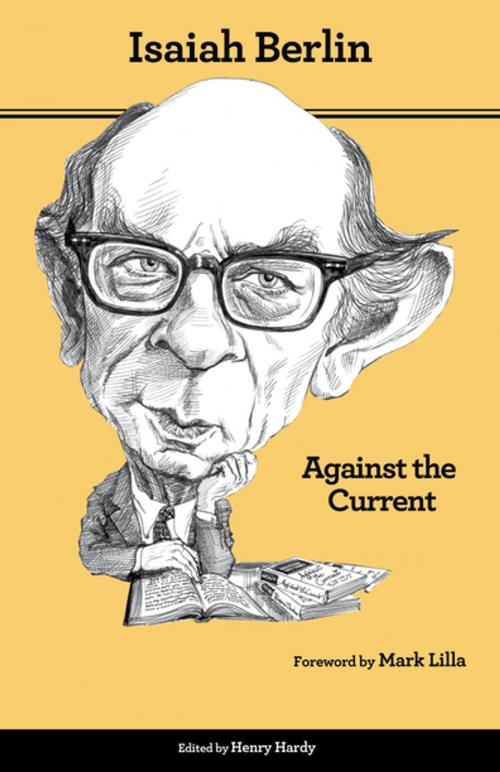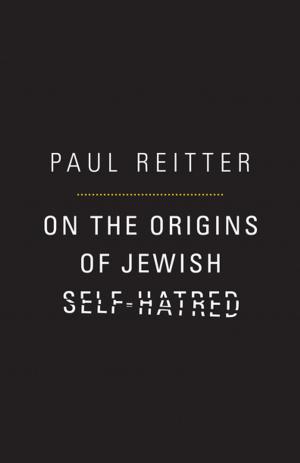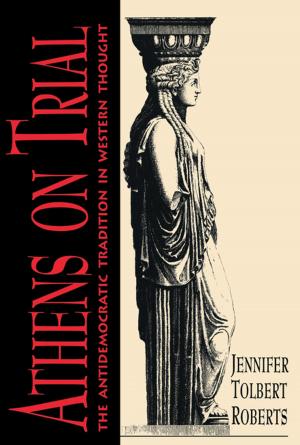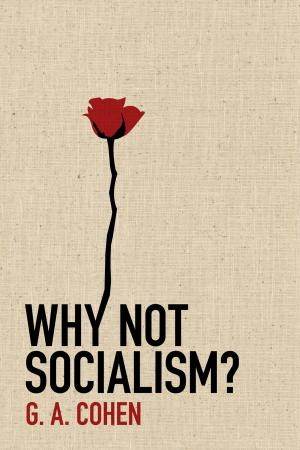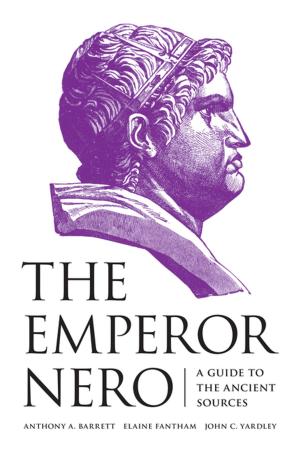Against the Current
Essays in the History of Ideas - Second Edition
Nonfiction, Religion & Spirituality, Philosophy, History, Criticism, & Surveys, Social & Cultural Studies, Social Science| Author: | Isaiah Berlin | ISBN: | 9781400843237 |
| Publisher: | Princeton University Press | Publication: | June 2, 2013 |
| Imprint: | Princeton University Press | Language: | English |
| Author: | Isaiah Berlin |
| ISBN: | 9781400843237 |
| Publisher: | Princeton University Press |
| Publication: | June 2, 2013 |
| Imprint: | Princeton University Press |
| Language: | English |
In this outstanding collection of essays, Isaiah Berlin, one of the great thinkers of the twentieth century, discusses the importance of dissenters in the history of ideas--among them Machiavelli, Vico, Montesquieu, Herzen, and Sorel. With his unusual powers of imaginative re-creation, Berlin brings to life original minds that swam against the current of their times--and still challenge conventional wisdom.
In a new foreword to this corrected edition, which also includes a new appendix of letters in which Berlin discusses and further illuminates some of its topics, noted essayist Mark Lilla argues that Berlin's decision to give up a philosophy fellowship and become a historian of ideas represented not an abandonment of philosophy but a decision to do philosophy by other, perhaps better, means. "His instinct told him," Lilla writes, "that you learn more about an idea as an idea when you know something about its genesis and understand why certain people found it compelling and were spurred to action by it." This collection of fascinating intellectual portraits is a rich demonstration of that belief.
In this outstanding collection of essays, Isaiah Berlin, one of the great thinkers of the twentieth century, discusses the importance of dissenters in the history of ideas--among them Machiavelli, Vico, Montesquieu, Herzen, and Sorel. With his unusual powers of imaginative re-creation, Berlin brings to life original minds that swam against the current of their times--and still challenge conventional wisdom.
In a new foreword to this corrected edition, which also includes a new appendix of letters in which Berlin discusses and further illuminates some of its topics, noted essayist Mark Lilla argues that Berlin's decision to give up a philosophy fellowship and become a historian of ideas represented not an abandonment of philosophy but a decision to do philosophy by other, perhaps better, means. "His instinct told him," Lilla writes, "that you learn more about an idea as an idea when you know something about its genesis and understand why certain people found it compelling and were spurred to action by it." This collection of fascinating intellectual portraits is a rich demonstration of that belief.
